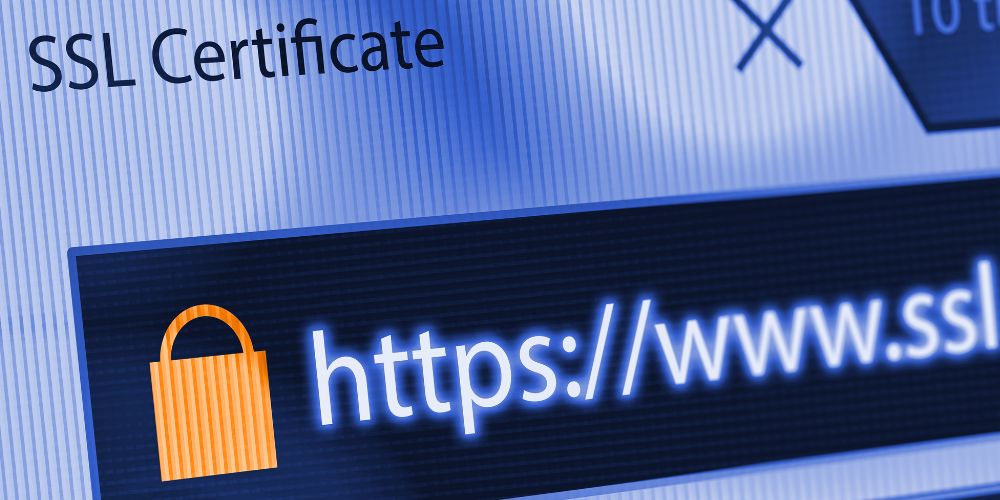More than just an aspect of customer experience, the security of your website is a matter of trust. Is your customers’ data, especially personally identifiable information like payment card data, login credentials, safe in your hands? Even when following data protection policies, Secure Socket Layer (SSL) certification will show your customers that your website is secure.
What is a SSL (Secure Socket Layer)?
Secure Socket Layer (SSL) is a protocol for encryption of information passing between a visitor’s device and a website server. Websites with a Secure Socket Layer certificate will show the padlock icon along with “https” in the URL, signs that the website is secure. And what does this mean? The website is using Transport Layer Security, a common protocol that facilitates privacy and data security for communication on the Internet. When a user visits a website with an SSL (synonymous with TLS), a “handshake” occurs that signals initiation of a TLS connection. Significant information is exchanged at this point, including which version of TLS is used, among other items. The authentication proves the server’s ID to the client, showing they are on a secure website that protects personally identifiable information.
What The SSL Means for You
The Secure Socket Layer certificate essentially shows your website is secure, which can ease the mind of the user and therefore enhance the user experience. Visitors can trust you will keep their data secure, data like payment card information and other details. And having the SSL certificate benefits you as well since websites with https rank higher in searches than websites without the certificate. Another very practical benefit is that your website domain will be difficult for bad actors to hijack and use as a malware distribution hub. This is a danger especially for newly established websites.
Getting a Secure Socket Layer improves both the actual and perceived security of your website, and promotes a safe, positive user experience. For assistance with configuring SSL, contact ClikCloud today.

